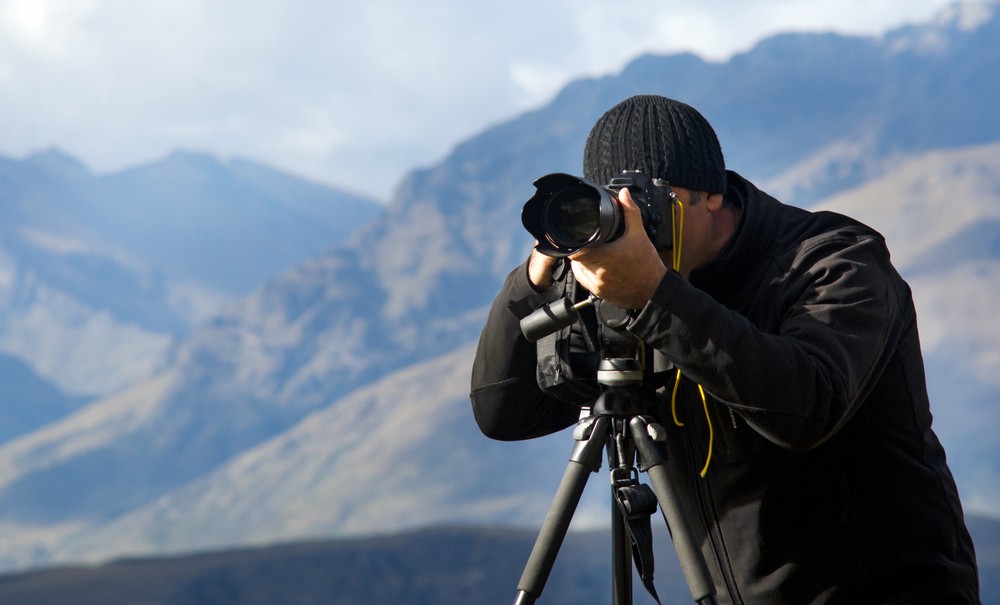Picture-Perfect: Elevate Your Photography Skills with Expert Advice from a Professional Photographer

Image Source: Google
Photography is a beautiful art form that allows us to capture moments, emotions, and stories through the lens of a camera. Whether you're a beginner looking to enhance your skills or an experienced photographer aiming to take your work to the next level, learning from a professional photographer can provide valuable insights and guidance. In this article, we will explore expert advice from a seasoned photographer to help you elevate your photography skills and capture stunning images.
The Importance of Lighting
1. Natural Light
- Utilize the golden hours: Early morning and late afternoon light can add a warm, soft glow to your photos. Refer Link: https://www.kohliklicks.com/professional-portrait.
- Avoid harsh midday light: Direct overhead sunlight can create harsh shadows and blown-out highlights. Seek shaded areas or use diffusers to soften the light.
2. Artificial Light
- Experiment with different lighting sources: From studio lights to LED panels, understanding how artificial light affects your subject can help you create diverse and dynamic images.
- Use reflectors and diffusers: Reflectors bounce light back onto your subject, while diffusers soften and spread light for a more flattering look.
Composition Techniques
1. Rule of Thirds
- Divide your frame into thirds both horizontally and vertically, placing your subject at the intersection points to create a visually appealing composition.
- Use leading lines: Leading lines draw the viewer's eye through the image and towards the main subject.
2. Framing and Perspective
- Experiment with different angles: Get down low or climb up high to find unique perspectives that offer a fresh take on your subject.
- Frame your subject: Use elements within your scene to frame your subject, adding depth and context to your photographs.
Understanding Your Gear
1. Camera Settings
- Master manual mode: Understanding aperture, shutter speed, and ISO settings can give you full control over your exposure and creative vision.
- Experiment with different settings: Play around with different modes like aperture priority, shutter priority, and manual to see how they affect your images.
2. Lenses
- Prime vs. zoom lenses: Prime lenses offer a fixed focal length, while zoom lenses provide versatility. Experiment with both to see which works best for your style.
- Understand focal length: Different focal lengths can impact the perspective and compression of your images. Wide-angle lenses capture more of the scene, while telephoto lenses bring distant subjects closer.
Post-Processing Tips
1. Editing Software
- Choose the right software: Whether you prefer Adobe Lightroom, Photoshop, or other editing programs, find one that suits your workflow and editing style.
- Practice non-destructive editing: Use layers and adjustment tools to make changes that can be easily reversed or modified without affecting your original image.
2. Color Correction and Retouching
- Adjust white balance: Correcting white balance can remove unwanted color casts and ensure accurate color reproduction in your photos.
- Retouch with care: From skin retouching to object removal, be mindful of maintaining a natural look in your edits without overdoing it.
Continuous Learning and Practice
Photography is a journey of constant learning and growth. To elevate your skills as a photographer, never stop exploring new techniques, styles, and subjects. Practice regularly, experiment with different approaches, and seek inspiration from other photographers to expand your creative horizons. Remember, the more you shoot, the more you learn, and the better your photographs will become.
